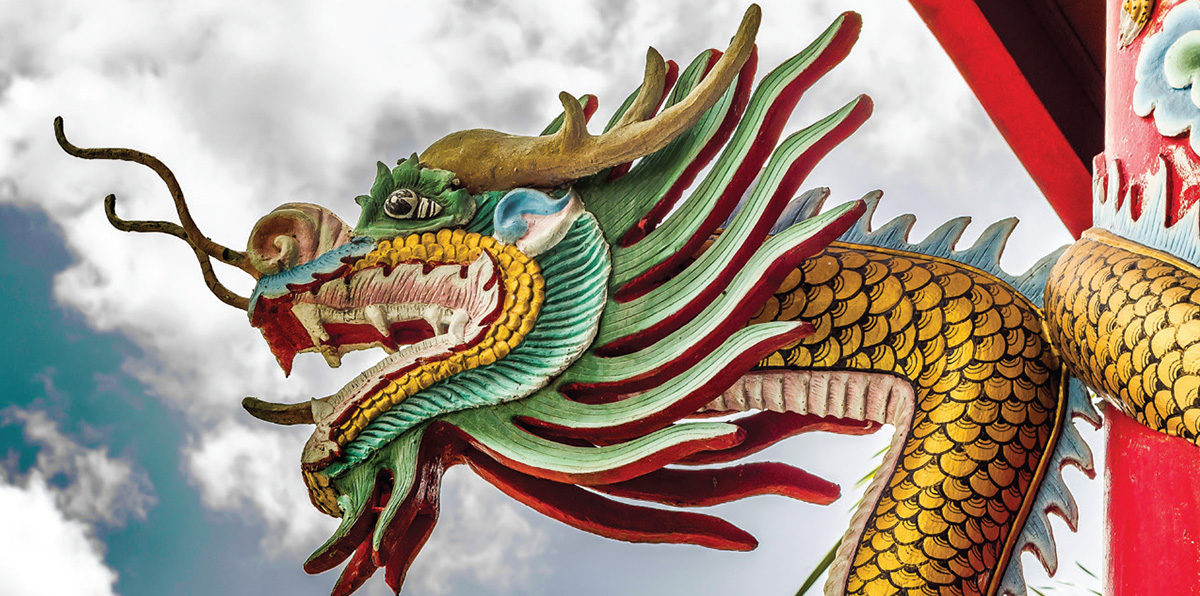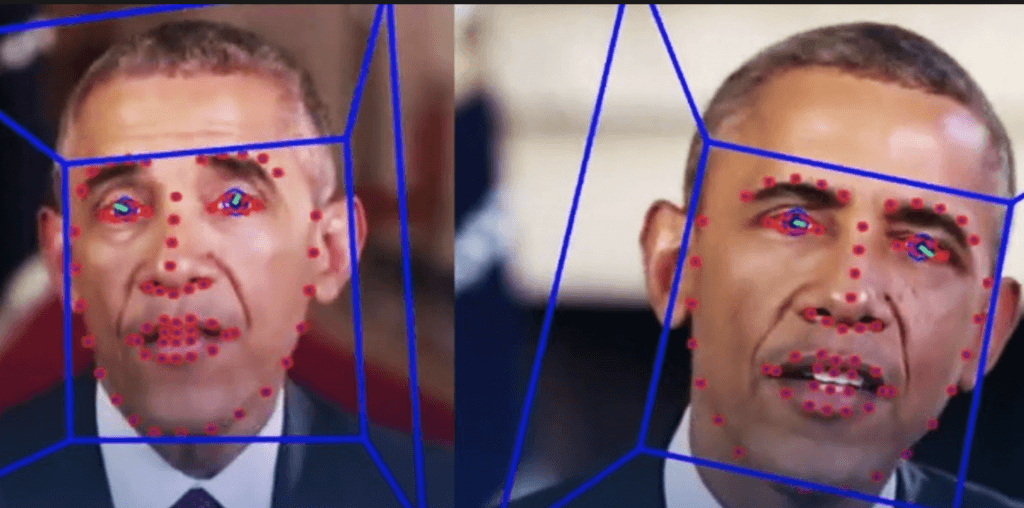By: Farhan Zahid
After the unexpected terrorist attack in Sri Lanka in May, Islamic State’s (IS) Central Shura (council) announced the establishment of two new Wilayat (governorates) in South Asia. The seven simultaneous and well-concerted terrorist attacks in Sri Lanka on Easter Sunday were orchestrated by National Tawheed Jamaat (NJT), a small cell of radicalized but educated individuals of affluent Sri Lankan Muslim families.
The first announcement by IS’ official Amaq Media was concerning the creation of Wilayat-e-Hind on May 12, followed by Wilayat-e-Pakistan on May 14 (VOA Pakistan, May 15). The new Wilayat are named after countries, which is a break from IS’ previous standards of naming its units after historic regions such as “Khorasan” for South and Central Asia. The move is in fact a departure from its past policy of not accepting nation-states as Wilayat of the self-proclaimed caliphate, especially in the case of Pakistan, a country carved out of British Indian dominions.

















